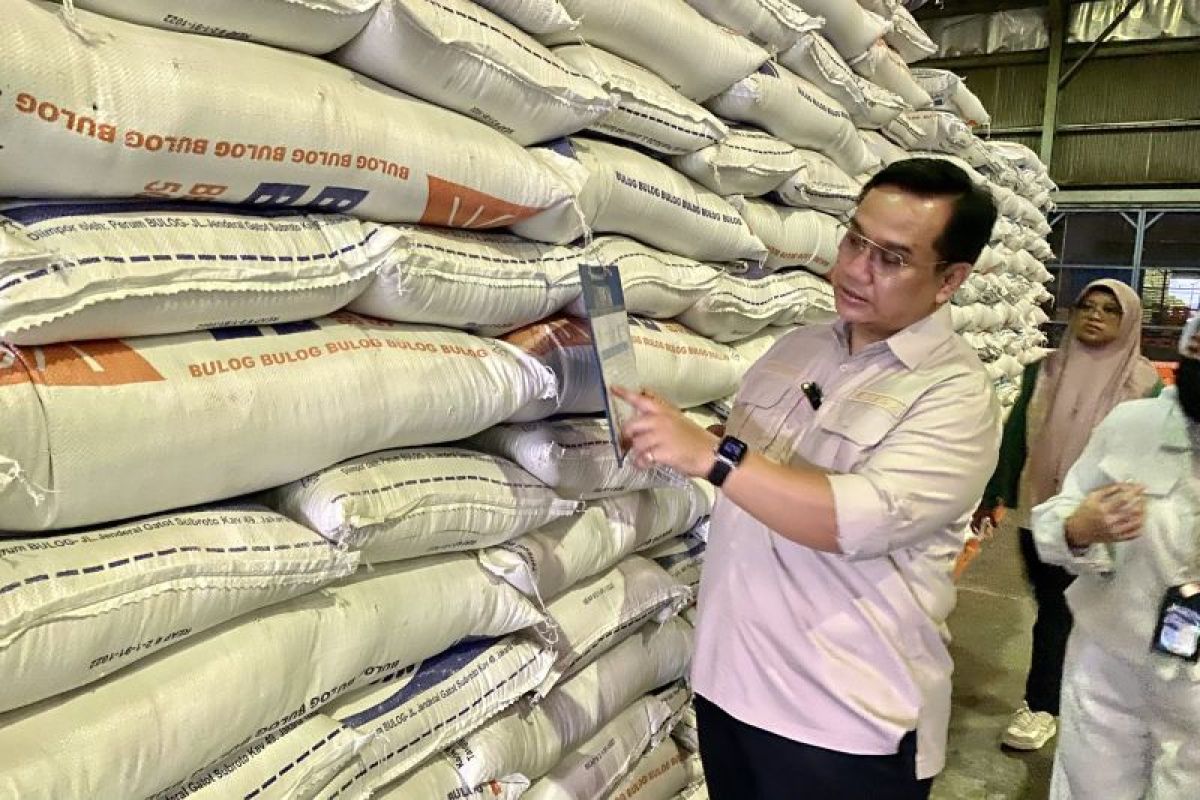
Ombudsman RI minta pemerintah rumuskan strategi impor beras ke depan
Ombudsman RI has recently urged the government to formulate a strategic plan for rice imports in the future. This call comes at a time when Indonesia, the world’s fourth most populous country, is facing challenges in ensuring food security, particularly in the supply of rice.
The Ombudsman has recognized the importance of having a well-defined strategy for rice imports, as it plays a crucial role in stabilizing the country’s food supply and prices. With the growing population and unpredictable weather patterns affecting rice production, the need for imports has become increasingly vital.
One of the key reasons behind the Ombudsman’s call for a strategic plan is to avoid the issues that have plagued previous rice import operations. In the past, there have been concerns about the transparency and efficiency of the import process, as well as allegations of corruption and collusion in the selection of importers. A well-thought-out strategy can help address these issues and ensure that the rice imports are carried out in a transparent and accountable manner.
Furthermore, a strategic plan can help the government anticipate and respond to potential challenges in the global rice market, such as price fluctuations and supply disruptions. By having a clear roadmap for rice imports, the government can better manage these risks and ensure a stable supply of rice for the Indonesian people.
In formulating this strategic plan, the Ombudsman has suggested that the government take into account factors such as the country’s rice consumption patterns, production capacity, and import regulations. It is important for the government to work closely with all relevant stakeholders, including farmers, traders, and consumers, to ensure that the plan is comprehensive and inclusive.
Overall, the Ombudsman’s call for a strategic plan for rice imports is a timely and necessary step towards ensuring food security in Indonesia. By formulating a well-defined strategy, the government can better address the challenges in the rice market and ensure a stable and reliable supply of rice for all Indonesians. It is hoped that the government will heed this call and take concrete steps to develop a strategic plan that will benefit the country’s food security in the long run.